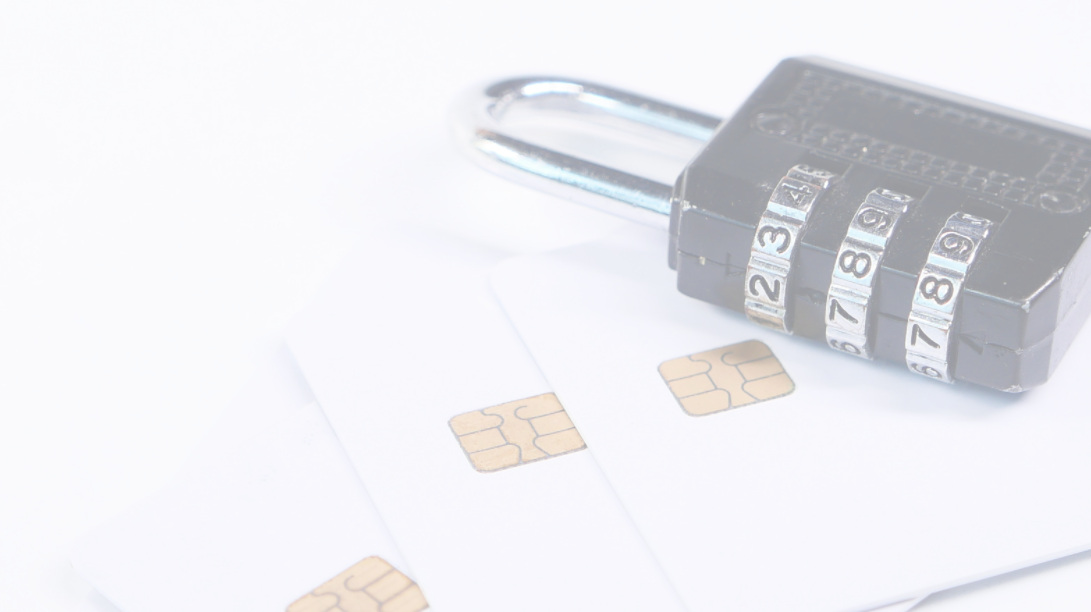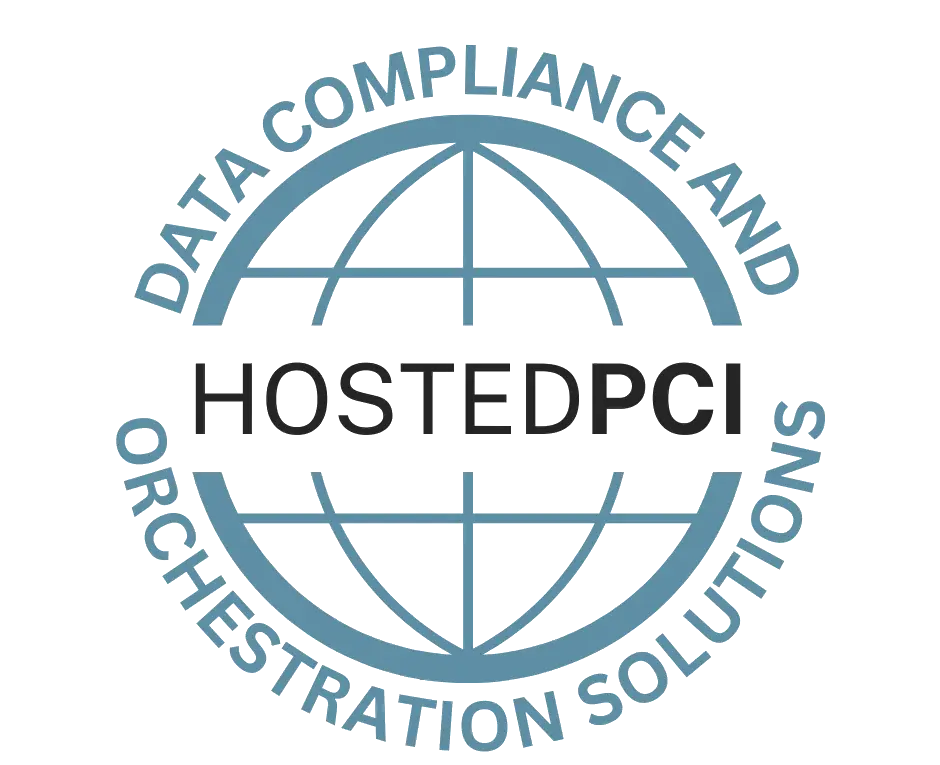Basic steps for thorough protection

Within the last two years, we have seen many storefronts migrate to a full eCommerce business, as well as other business types are required to provide online payment methods for their customer’s convenience and accommodation due to covid-19 restrictions. These companies that are now collecting customers’ personal information, along with payment information either over the phone or online are exposed to new potential breaches and threats due to the additional collection method. The majority of breaches can be prevented by simply ensuring that your company is taking the necessary steps to protect itself. Although security continues to develop regularly, it is important to never underestimate the practice of traditional security methods. Some security measures that are sometimes considered basic can help add the necessary reinforcement you need to keep your company protected.
The first and most important step to preventing a possible breach from occurring is by generally keeping little to no customer data stored within your environment. With that in mind, there are times where businesses do require the ability to store client information for payment processing, in these situations, there are options for companies to outsource to a PCI-compliant third party to help protect their payment data. These third parties will help with managing payment information by tokenizing, vaulting, and facilitating payment through a gateway. Tokenization allows the original credit card number to be replaced with a random sequence of numbers that are only meaningful to the merchant and third party. These tokens can safely be kept within your company’s environment. The original credit card number is then safely stored within a cloud vault so that if a breach occurs within your system no credit card information is available and there is no direct link to the vault.
Many times small changes can have a meaningful impact on keeping your company safe. The second step of significance to keeping your data safe is by encouraging the creation of strong password protection, this is a crucial way to help protect any environments that are utilized to store customer data. We often undervalue the importance of unique passwords and ensuring passwords are regularly updated. The use of numbers and symbols is always recommended to intensify password strength and keep anyone from potentially guessing a password. Professionals also advised that users utilize a default password updater to remind employees to update their passwords regularly, as it is common for employees to become comfortable with a password and forget to make the implied changes. One of the most important rules for securing passwords is to refrain from sharing a single password with each other. All employees should be encouraged to use their own usernames and passwords for whatever accounts they are granted access to. Although this seems very minor, password breaches are easily accomplished and most common.
Another key security measure that should not be overlooked is the practice of updating software and managing firewall configurations. Keeping firewall and software configurations up to date is an imperative part of making sure that the systems you are using are being protected from outside threats. These measures are put in place to detect and block any intruders from accessing applications within your systems and send notifications with potential liabilities when present. Many times this will be the first warning you receive that your company system may be experiencing an attack, allowing you to react quickly and reinforce all other measures stated above. Keep update notifications for software and firewalls always on, and not leaving updates pending will minimize your company’s response time if a breach occurs. All suggested updates allow time for necessary changes to be made and it is important to follow the advanced instructions given.
Lastly, the most overlooked safety tip is to make sure staff are trained and vigilant while clicking on links and interacting with their emails. Although we are very familiar with phishing links being present on the internet, many people will innocently click links within their work emails without hesitation. Society is used to clicking freely and has become comfortable using technology. Phishing links are commonly used to gain quick and easy way access to companies’ internal systems. With that being said, utilizing remote access for your staff can minimize the likelihood of malicious access to company systems. We should also never forget that phishing emails are always evolving and staff should be advised to always verify something as simple as an email address, regardless of the sender’s name.
It is fairly common for companies to have a designated security team to monitor all of the tools and updates mentioned above. With that in mind, it is equally important to educate employees from all departments on the proper safety etiquette while utilizing company equipment. The basic set of tools we have gone through require regular maintenance to provide a comfortable level of security. It is suggested that when working with software and applications to always work with reliable and trusted names that have thoroughly been vetted by your company’s management. Proper security reinforcement is paramount in minimizing the chances of possible breaches and will further keep data within your system safe.

